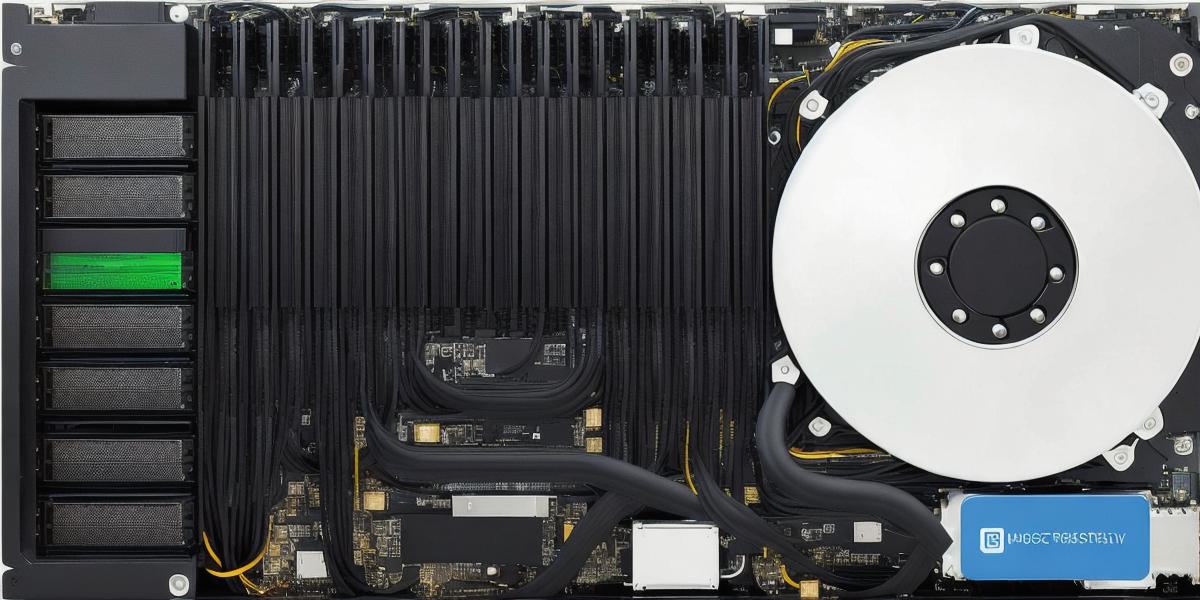Deciphering the Role of a Private Server: Core Insights

Introduction
In today’s digital age, having a private server is essential for businesses and individuals who need to store and access sensitive data securely. With the increasing prevalence of cyber threats, it is crucial to understand the role of a private server and how to optimize its performance to protect your data. In this article, we will explore the core insights of private servers, including their benefits, limitations, and best practices for usage.
Benefits of Private Servers
One of the main benefits of having a private server is the level of security it provides. By hosting your data on a dedicated server, you can control access to your files and applications, ensuring that only authorized users can access them. This is particularly important for businesses that handle sensitive information, such as financial data or customer records.
Another advantage of private servers is their flexibility. You can configure the server to meet your specific needs, including storage capacity, processing power, and memory. This allows you to tailor your infrastructure to your business requirements, ensuring that your applications run smoothly and efficiently.
Limitations of Private Servers
While private servers offer many benefits, they also come with limitations. One of the main challenges is maintenance. Maintaining a private server requires technical expertise and ongoing management, which can be time-consuming and costly. This can be particularly challenging for small businesses or individuals who may not have the resources to manage their own infrastructure.
Another limitation of private servers is scalability. If your business grows and you need to expand your infrastructure, it can be difficult to scale up a private server without significant downtime. This can be particularly problematic for businesses that rely heavily on their data and applications, as any disruption can have a significant impact on their operations.
Best Practices for Private Server Usage
To get the most out of your private server, it is important to follow best practices for usage. These include:
- Regular backups: It is essential to regularly backup your data to protect against data loss in case of a server failure or cyber attack.
- Security measures: Implement robust security measures, such as firewalls and antivirus software, to protect your data from cyber threats.
- Monitoring: Regularly monitor your server performance to identify any issues and address them before they become major problems.
- Maintenance: Keep your server up-to-date with the latest software updates and patches to ensure optimal performance and security.
- Scalability planning: Plan for future growth by regularly reviewing your infrastructure requirements and making necessary adjustments.
Conclusion
In conclusion, private servers play a critical role in protecting and managing sensitive data. While they come with limitations, they also offer many benefits, including security, flexibility, and control. By following best practices for usage, businesses and individuals can optimize their private server performance and ensure the protection of their data. With the increasing importance of data security in today’s digital age, understanding the role of a private server is essential for any business or individual looking to protect their sensitive information.








